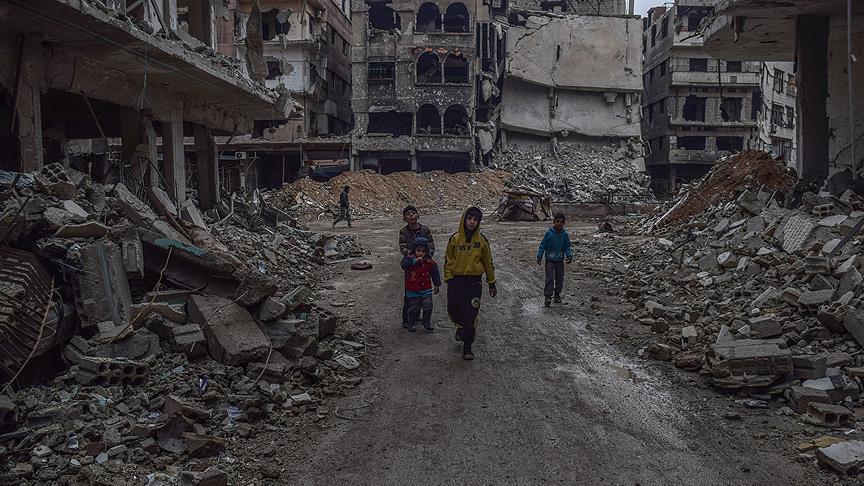QAMISHLI, Syria (North Press) – As Syrian war continues with no end, Syrians find no escape of their dire conditions with “record levels of food insecurity and hunger this year,” Euro-Med Monitor said in a statement released on Tuesday.
Switzerland-based Euro-Mediterranean Human Rights Monitor, a non-governmental organization, released the statement in tandem with the International Day for the Eradication of Poverty.
The 11-year-old war escorted by many crisis, including displacement, severe economic recession, and devaluation of Syrian pound “have impoverished the population and increased the financial burden on individuals,” the statement read.
It added an estimated 12.4 million individuals are facing “food insecurity” of which 1.3 million witnessing “severe food insecurity.”
Anas Jerjawi, Euro-Med Monitor’s Chief Operations Officer, said that in light of the spike in food insecurity rate across the country, “the humanitarian response plan for Syria has received only 25% of the necessary funding.”
Jerjawi noted that the international community has let down the Syrians and fell short in meeting their dire conditions and crisis, leaving them to get “exhausted by poverty and conflict.”
He called on donor countries not to “ignore or reduce their commitments to the Syrian humanitarian crisis.”
The statement also monitored an increase in murder cases, recording 150 cases since early 2022 in areas controlled by Syrian government and opposition caused by “spread of poverty and loss of livelihoods.”
The Syrian war began in 2011 in the wake of so-called “Arab Spring.” However, the popular discontent in Syria led to bloody and protracted struggles between opposition groups and the Syrian government.
Following 11 years of war, a record 14.6 million people need humanitarian assistance in Syria. It is the country with the largest number of IDPs in the world, with 6.9 million IDPs, most of whom are women and children. Many have been displaced repeatedly and live in precarious conditions.

